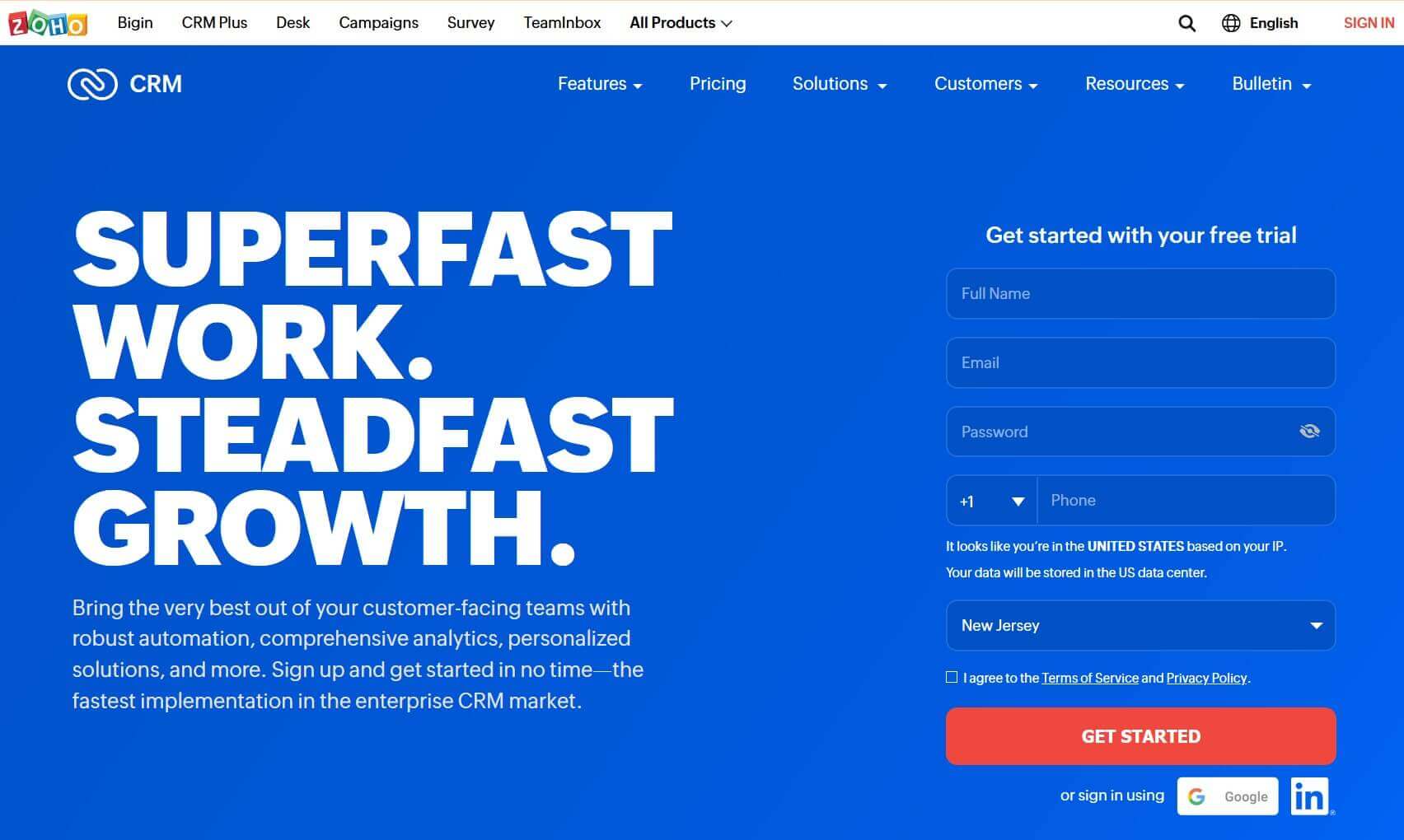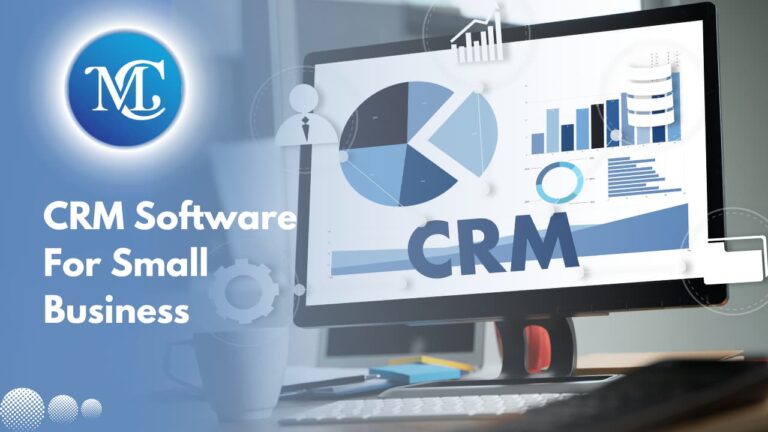Affordable crm – In today’s competitive business landscape, customer relationship management (CRM) has become an indispensable tool for businesses seeking to optimize customer experiences, drive sales, and streamline operations. However, the cost of implementing and maintaining traditional CRM systems can be prohibitive for many small businesses and startups.
Enter affordable CRM solutions, designed to provide businesses with a cost-effective way to manage customer relationships and reap the benefits of CRM without breaking the bank.
Affordable CRM systems offer a range of features and capabilities that cater to the specific needs of small businesses and startups, from contact management and sales tracking to marketing automation and customer support. By leveraging these systems, businesses can gain a deeper understanding of their customers, improve communication and collaboration, and automate tasks to increase efficiency and productivity.
Definition and Scope of Affordable CRM
Affordable CRM refers to customer relationship management (CRM) solutions that are designed to be accessible and cost-effective for small businesses and organizations with limited budgets.
Key characteristics of affordable CRM include:
- Cloud-based, eliminating the need for expensive on-premises hardware and IT support.
- Subscription-based pricing, providing flexibility and scalability based on usage.
- User-friendly interfaces and intuitive navigation, minimizing training costs.
Target Market
The target market for affordable CRM solutions includes:
- Small businesses with limited resources and a need to manage customer interactions effectively.
- Startups and early-stage companies looking to establish a solid CRM foundation without breaking the bank.
- Non-profit organizations and charities with limited budgets but a need to track donor relationships and manage outreach.
Industries and Business Types
Affordable CRM solutions can benefit businesses in various industries, including:
- Professional services (e.g., consulting, law firms, accounting)
- Retail and e-commerce
- Healthcare
- Education
Features and Capabilities of Affordable CRM

Affordable CRM systems offer a range of essential features and capabilities that enable businesses to effectively manage customer relationships. These features include:
- Contact management:Store and organize customer contact information, including name, email, phone number, and address.
- Lead management:Track and manage potential customers, qualify leads, and nurture them through the sales funnel.
- Sales management:Manage sales opportunities, track progress, and close deals.
- Customer support:Provide support to customers through multiple channels, such as email, phone, and live chat.
- Reporting and analytics:Generate reports and analyze data to gain insights into customer behavior and improve business performance.
These features help businesses manage customer relationships effectively by providing a centralized platform to store and access customer data, track interactions, and automate tasks.
Examples of Specific Tasks that Affordable CRM Systems Can Automate
Affordable CRM systems can automate a variety of tasks, including:
- Sending automated emails:Set up automated emails to welcome new customers, send reminders, and nurture leads.
- Scheduling appointments:Allow customers to schedule appointments online, reducing the need for manual scheduling.
- Tracking customer interactions:Automatically log customer interactions, such as phone calls, emails, and live chats, to provide a complete history of interactions.
- Generating reports:Create automated reports on key metrics, such as sales performance, customer satisfaction, and marketing campaign effectiveness.
By automating these tasks, businesses can save time and resources, allowing them to focus on building stronger customer relationships.
Benefits of Using Affordable CRM
Affordable CRM software can provide significant benefits for businesses of all sizes. By automating tasks, tracking customer interactions, and providing insights into customer behavior, CRM can help businesses improve customer satisfaction, increase sales, and reduce costs.
Here are some specific benefits of using affordable CRM:
Improved Customer Satisfaction, Affordable crm
- CRM can help businesses track customer interactions across all channels, providing a complete view of each customer’s history with the company.
- This information can be used to personalize interactions, resolve issues quickly, and provide proactive support.
- As a result, customers are more likely to be satisfied with their experiences and to continue doing business with the company.
Increased Sales
- CRM can help businesses identify and target potential customers.
- It can also track sales activity and provide insights into what is working and what is not.
- This information can be used to improve sales strategies and increase close rates.
Reduced Costs
- CRM can help businesses automate tasks, such as lead generation, marketing campaigns, and customer service.
- This can free up employees to focus on more strategic initiatives.
- CRM can also help businesses reduce costs by providing insights into customer behavior.
- This information can be used to identify and eliminate inefficiencies in the sales and marketing process.
Case Studies
- A study by Nucleus Research found that businesses that use CRM software see an average return on investment (ROI) of $5.60 for every $1 spent.
- A study by Salesforce found that businesses that use CRM software are 44% more likely to achieve their sales goals.
- A study by Forrester Research found that businesses that use CRM software see a 24% increase in customer satisfaction.
Types of Affordable CRM

Affordable CRM solutions come in various types, each tailored to specific business needs and industries. Understanding the different types can help businesses make informed decisions when selecting the right CRM for their operations.
The primary types of affordable CRM include:
Cloud-Based CRM
- Hosted on remote servers, accessible from any device with an internet connection.
- Advantages: Low upfront costs, scalability, automatic updates.
- Disadvantages: Reliance on internet connectivity, potential security concerns.
- Examples: Salesforce Essentials, HubSpot CRM, Zoho CRM.
On-Premise CRM
- Installed on the company’s own servers, providing greater control and customization.
- Advantages: Higher security, customization options, no ongoing subscription fees.
- Disadvantages: Higher upfront costs, maintenance and updates required.
- Examples: Microsoft Dynamics CRM, Oracle Siebel CRM, SAP Hybris CRM.
Open-Source CRM
- Free and customizable software that businesses can modify to suit their specific needs.
- Advantages: No licensing fees, high customization, community support.
- Disadvantages: Requires technical expertise for implementation and maintenance, limited features compared to paid options.
- Examples: SuiteCRM, SugarCRM, Odoo.
Industry-Specific CRM
- Designed for specific industries, such as healthcare, education, or manufacturing, with tailored features and functionality.
- Advantages: Pre-built industry-specific features, streamlined workflows, compliance with industry regulations.
- Disadvantages: May be more expensive, less flexibility compared to general-purpose CRM.
- Examples: Salesforce Health Cloud, Microsoft Dynamics 365 for Education, SAP Business ByDesign.
Choosing the Right Affordable CRM
Selecting the right affordable CRM is crucial for businesses to optimize their customer relationships and streamline operations. To make an informed decision, several factors need to be considered, including business size, industry, and budget.
Factors to Consider
When choosing an affordable CRM, businesses should evaluate:
Business Size
The number of employees, customers, and sales volume can impact the CRM’s functionality and capacity requirements.
Industry
Different industries have specific CRM needs tailored to their unique processes and customer interactions.
Budget
Affordable CRM solutions offer varying pricing plans and features, so it’s essential to determine the budget and allocate funds accordingly.
Features and Capabilities
The CRM’s features should align with the business’s specific needs, such as contact management, lead tracking, and sales forecasting.
Integration
Consider the need for CRM integration with other business systems, such as accounting software or email marketing platforms.
Ease of Use
The CRM should be user-friendly and intuitive, enabling employees to adopt it seamlessly and maximize its benefits.
Vendor Support
Reliable vendor support is crucial for resolving technical issues, providing training, and ensuring ongoing CRM functionality.
Step-by-Step Guide
To select the best affordable CRM, businesses can follow these steps:
1. Define Business Requirements
Identify the specific needs and goals that the CRM should address.
2. Research and Compare Options
Explore different affordable CRM solutions, read reviews, and compare features and pricing.
3. Request Demos and Trials
Engage with vendors to request product demos and trial versions to experience the CRM’s functionality firsthand.
4. Evaluate User Experience
Consider the CRM’s ease of use, navigation, and overall user experience for both employees and customers.
5. Consider Vendor Support
Assess the vendor’s reputation, support channels, and response times to ensure ongoing assistance.
6. Make an Informed Decision
Based on the evaluation and comparisons, select the affordable CRM that best meets the business’s requirements and budget.
Implementing and Using Affordable CRM
Implementing and using affordable CRM systems effectively requires careful planning and execution. Here are some key considerations:
- Data Management:Establish clear data governance policies to ensure data accuracy, consistency, and security. Implement data cleansing and validation processes to maintain data quality.
- User Adoption:Engage users throughout the implementation process to gain buy-in and ensure smooth adoption. Provide training, documentation, and support to help users understand and utilize the system effectively.
- Ongoing Maintenance:Regularly review and update the CRM system to ensure it aligns with changing business needs and industry best practices. Conduct system audits to identify areas for improvement and optimization.
- Integration with Other Systems:Integrate the CRM system with other business applications, such as accounting, marketing automation, and customer service platforms, to streamline data sharing and improve operational efficiency.
Closure

In conclusion, affordable CRM solutions empower businesses of all sizes to harness the power of customer relationship management without the hefty price tag. By providing a comprehensive suite of features and capabilities, these systems enable businesses to build stronger customer relationships, drive growth, and achieve their business objectives.
Whether you’re a small business owner, a startup founder, or a non-profit organization, investing in an affordable CRM solution can be a game-changer for your customer management strategy.
Questions Often Asked
What is affordable CRM?
Affordable CRM refers to customer relationship management (CRM) solutions designed to meet the specific needs and budgets of small businesses and startups. These systems offer a range of features and capabilities at a cost-effective price point.
What are the benefits of using affordable CRM?
Affordable CRM systems provide numerous benefits, including improved customer communication and collaboration, automated tasks and workflows, increased efficiency and productivity, and enhanced customer satisfaction.
How do I choose the right affordable CRM for my business?
When selecting an affordable CRM, consider factors such as your business size, industry, specific needs, and budget. Research different systems, read reviews, and consider demos to find the best fit for your organization.